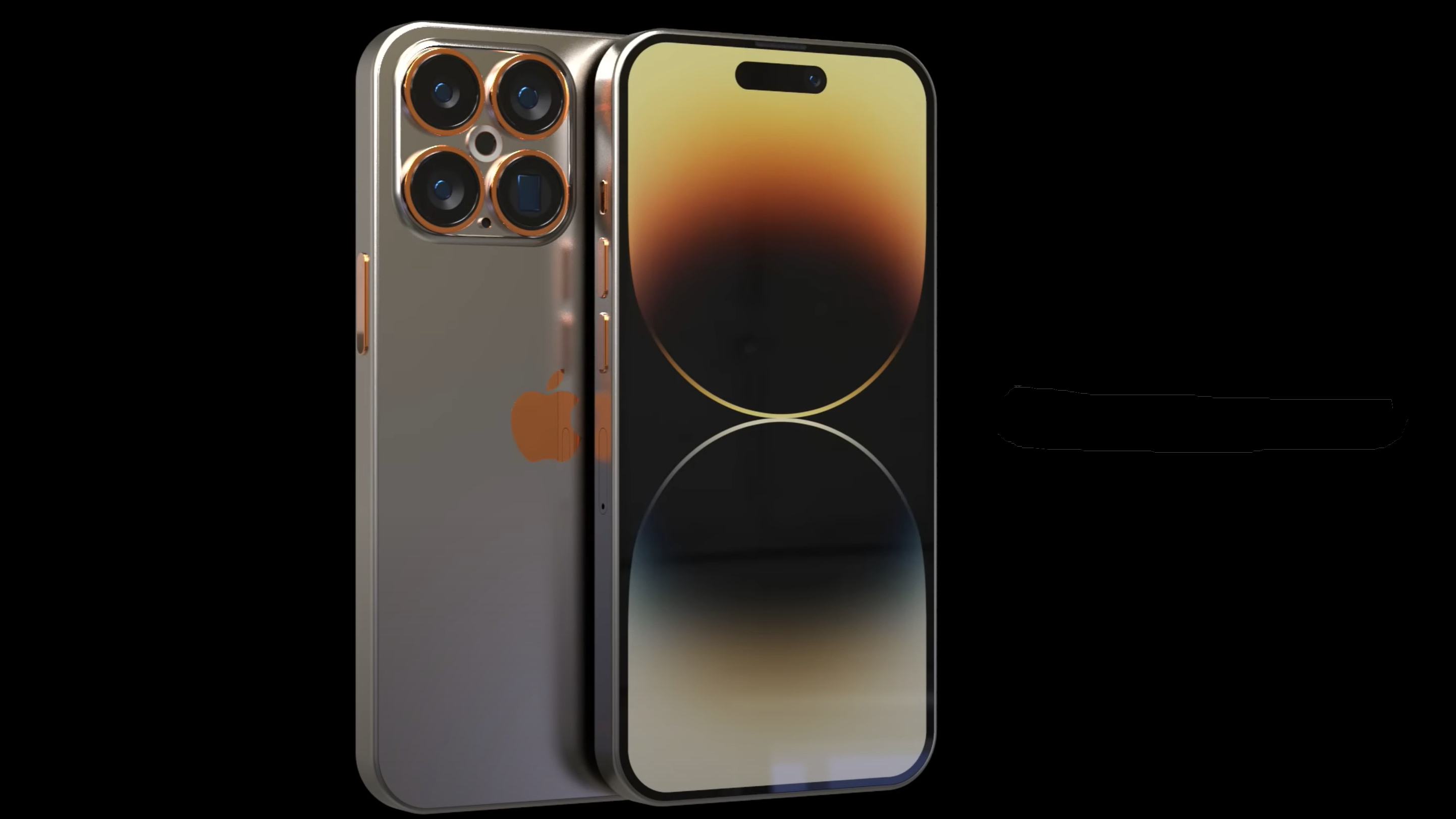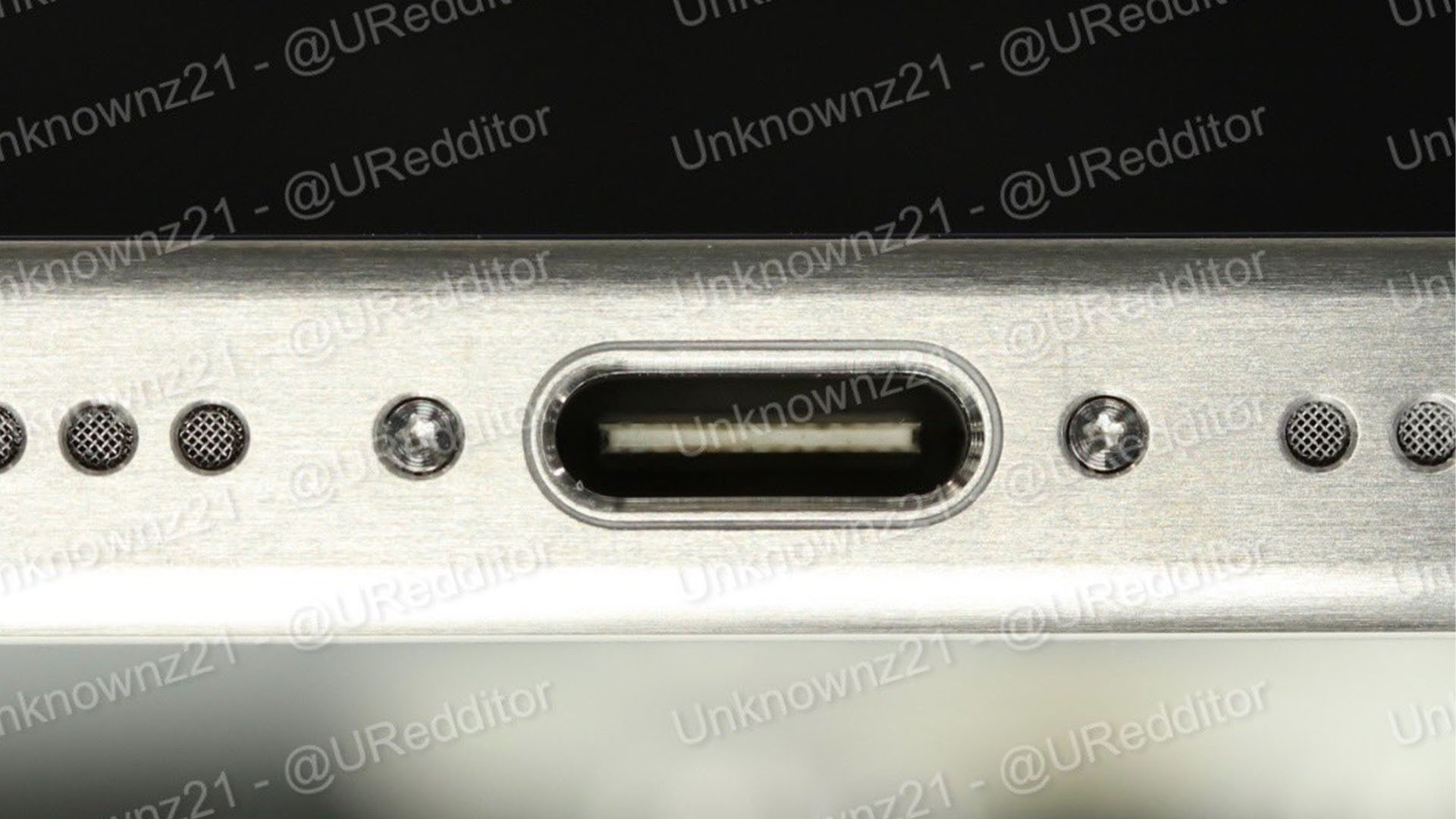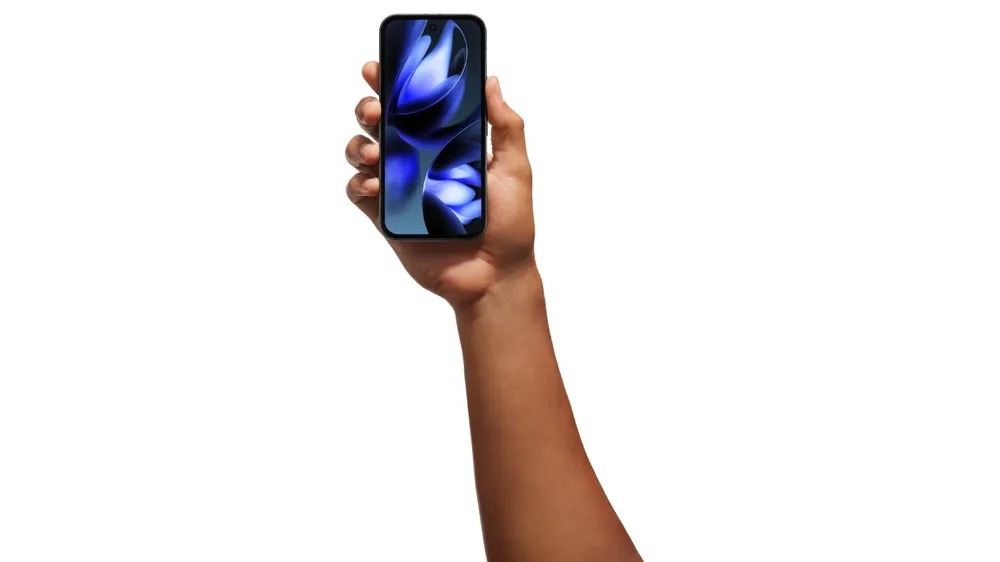Apple completely misses the point of USB-C — Made For iPhone certified accessories only
Locking down USB-C? That’s not cool

We’ve been getting so hyped about the iPhone 15 making the move to the open USB-C standard, that we didn’t realize that Apple seems hellbent on locking down its ports. And we’ve just got our first leak of this from ShrimpApplePro on Twitter.
According to the leaker, Apple is bringing the Made For iPhone (MFi) program to the newest set of iPhones with this new port — adding a verification chip to the port that will artificially restrict the charge and data speeds of any third party accessory that doesn’t pay the fee to be on this program.
But USB-C is all about freedom of choice

Yep. That’s what the European Union ruling was designed to do. Beyond eliminating unnecessary cable waste by having all devices operate using the same port, this would have given consumers a greater level of choice about what accessories they could buy and connect to their device.
Apple has different ideas, and is set to continue its crackdown on third party accessories by requiring a fee to be paid by companies who create products for its iPhones. Of course, I get the benefits of doing this: the additional step to receive the “Made For iPhone” moniker provides consumer confidence that their new accessory will work seamlessly, and let’s not forget that Apple makes a ton of money off this program.
But while this was easier to explain away with a proprietary port like Lightning, doing the same to an open standard like USB-C looks increasingly cynical. And I get the company is doing nothing wrong (MFi certification is not covered by the EU mandate), but to intentionally limit data and charging speeds for accessories connected to that port without that badge is going to annoy a lot of people.
Outlook
So what should Apple do instead? It’s a cash cow but by this point, it’s starting to feel a tad anti-consumer to add a verification chip to an open port standard. The “Made for iPhone” brand is a strong one that your average consumers look for, so the ultimate question is do you really need to go that extra mile to lock it down?
Maybe the MFi program holds enough weight as a means for people to find products that work seamlessly with the iPhone, regardless of what other accessories are out there. At least that’s how I feel about it.
Stay in the know with Laptop Mag
Get our in-depth reviews, helpful tips, great deals, and the biggest news stories delivered to your inbox.
Either way, I’m hoping for a 180 on the hardware limitations sooner rather than later. We’re kind of back to square one on this whole problem — restricting the full capability of certain cables means more cable waste.

Jason brought a decade of tech and gaming journalism experience to his role as a writer at Laptop Mag, and he is now the Managing Editor of Computing at Tom's Guide. He takes a particular interest in writing articles and creating videos about laptops, headphones and games. He has previously written for Kotaku, Stuff and BBC Science Focus. In his spare time, you'll find Jason looking for good dogs to pet or thinking about eating pizza if he isn't already.
